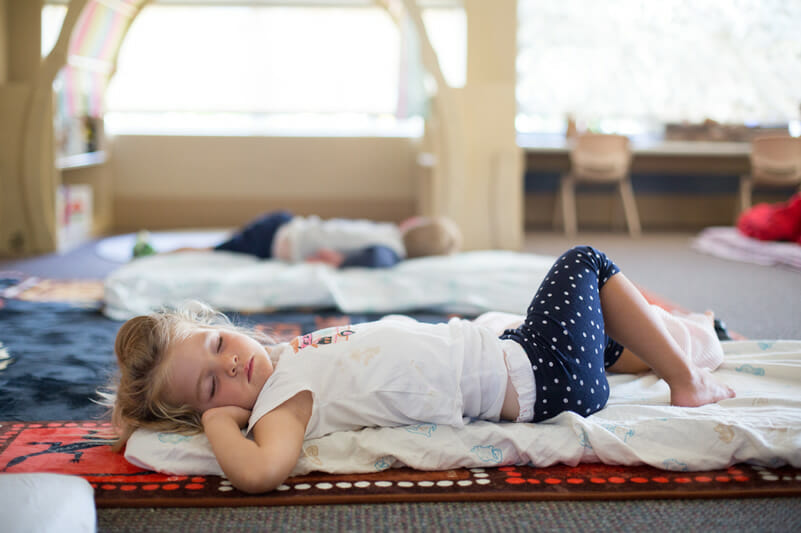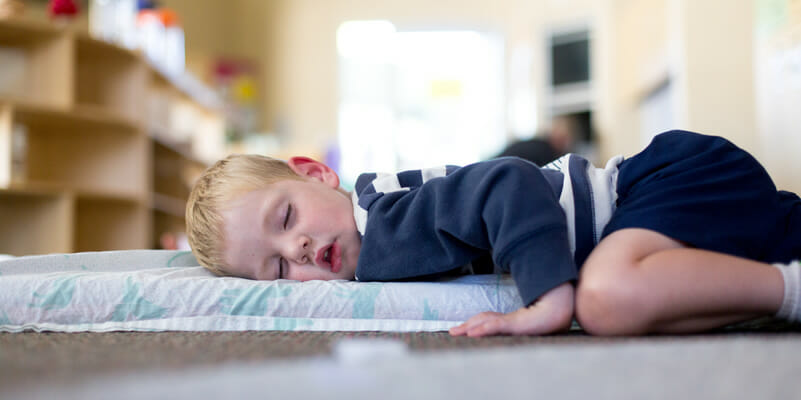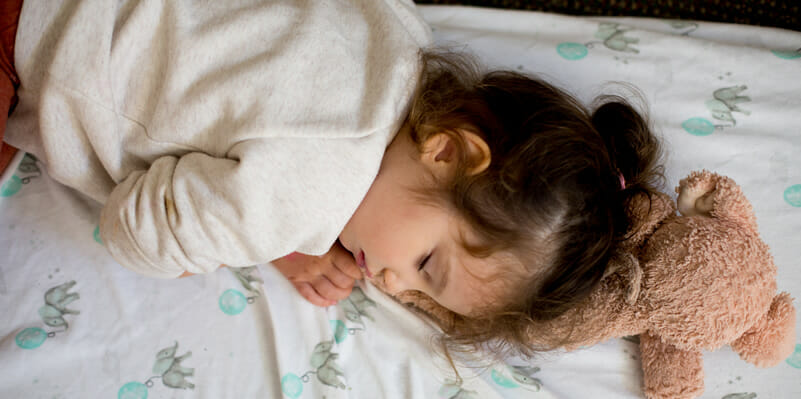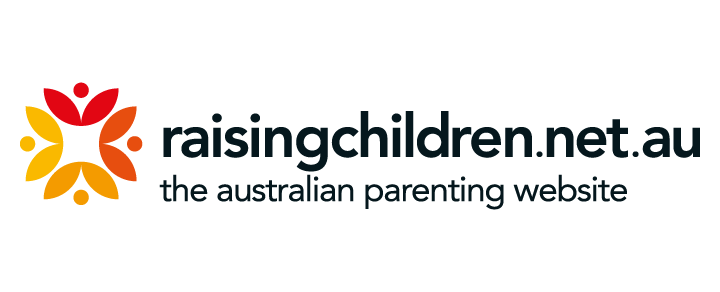
Sleep Cycles and Your Pre-schooler
“Everyone should have kids. They are the greatest joy in the world. But they are also terrorists. You’ll realise this as soon as they are born and they start using sleep deprivation to break you.” – Ray Romano
How true is this quote? Lucky are those who aren’t woken up every night or whose toddler sleeps soundly for afternoon naps! Enough lamenting…how much do you understand about sleep cycles and how to ensure your child has a healthy sleep pattern.
What types of sleep are there?
There are two types of sleep, rapid eye movement (REM) and non-REM sleep (basically deep and light sleep).
As adults, we drift in and out of the various stages of light, and deep sleep through the night, waking up and falling back to sleep more easily than babies and toddlers. Babies and toddlers need help to settle if they wake up through the night or during a daytime nap.
A child’s sleep cycle is quite short, around half an hour to about 50 minutes for a baby, increasing as they become a toddler to about an hour. Again increasing as they get older.

What happens when we sleep?
Contrary to what some people believe, our bodies and brains are quite active when we sleep. Here are some of the incredible things that happen during our sleep cycles:
- Brain activity
Our brain starts sifting through all the information it has collected during the day and gets rid of toxic waste.
- Muscles paralyse
During deep sleep, our muscles temporarily paralyse so that we can’t move – perhaps to prevent our bodies from acting out our dreams.
- Anti-Diuretic Hormone
This one is super useful as it helps to prevent bed-wetting! Although some children take time to develop enough of this hormone and may sleep deeply (everyone is unique in their development).
- Immune system
Starts working to fight off any illness or injuries, fighting inflammation or infection. The proteins released are called cytokines.
How much sleep is recommended for each age group?
Below are the new recommended sleep averages over a 24-hour period (including nighttime and daytime sleeps).
| Age Ranges | Hours of Sleep |
|---|---|
| Newborns (0 to 3 months): | 14 to 17 hours |
| Infants (4 to 11 months): | 12 to 15 hours |
| Toddlers (1 to 2 years): | 11 to 14 hours |
| Preschoolers (3 to 5 years): | 10 to 13 hours |
| School-aged children (6 to 13 years): | 9 to 11 hours |
Source: https://www.sleepfoundation.org
To help your child with healthy sleep and good routines, check out our article, ‘Why are sleep routines important in young children’.

St Joseph’s Family Services Programs
We incorporate planned downtimes every day at each of our centres to teach the children in our care about body awareness, self-regulation and good mental health.
This planned downtime is catered to suit each individual child or baby.
For babies, we watch for their tired cues and follow routines that families tell us about at enrolment and then each day verbally. For families of our youngest babies, we keep in close contact with them via face-to-face interactions, using the Xplor app, phone calls, and a daily journal that each family writes in for the morning and Educators write in during the day.
As children get older, they don’t always need a sleep, but we teach them ways to calm their bodies and be self-aware of how their body feels when it’s tired and how to relax each muscle. To take deep breaths to calm down and refresh themselves for more active play later in the day. Most three-year-old’s sleep during the day, but this starts to drop off more often as a child nears school age. Some three to four-year-olds have two hours of sleep during the day, whereas others don’t sleep at all during the day.
Each child’s body has different requirements to recharge and refresh. As adults, we know that for good mental health and well-being, we need a certain amount of sleep and downtime built into each day. We don’t function as well when we are constantly high-energy, on the go and over-tired or have lacked sleep. This is the same for children, and we help them recognise when they need to ‘switch modes’ to calm down, to keep their play and activity productive. After physical activity, games and exercise, we know children are better able to focus on cognitive tasks, so it’s about structuring our day appropriately for each child to make the most out of every learning opportunity. We also make sure that the children get outside into the sunshine as exposure to light can improve their sleep by altering their circadian rhythm.
For more information, please contact us.







Leave A Comment